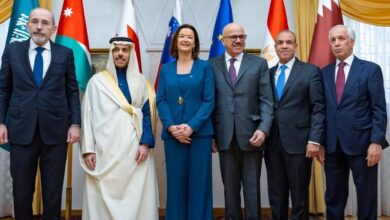
Saudi Arabia is on track on to cut its budget deficit to 7 percent of gross domestic product this year, Finance Minister Mohammed al-Jadaan said on Wednesday.
Speaking at a conference in Riyadh, he also said first quarter fiscal results show significant progress in growing non-oil revenues and raising spending efficiency in the kingdom, whose economy contracted last year.
Saudi Arabia has projected a budget deficit of 195 billion riyals ($52 billion) in 2018, or 7.3 percent of GDP, down from 230 billion riyals last year. It plans to balance the budget by 2023.
“The budget performance in the first quarter of the year confirms that we are moving resolutely towards achieving our macroeconomic targets,” Jadaan said, speaking in Arabic.
“The indicators reflect significant progress in fiscal balance targets, especially in light of achieving noticeable non-oil revenue growth and further enhancing spending efficiency.”
He said savings in spending during the first quarter totaled 12 billion riyals.
The Finance Ministry said in December that it expected to increase spending to a record 978 billion riyals in 2018, up from actual spending of 926 billion riyals in 2017.
The original 2017 budget plan had estimated 890 billion riyals in spending.
Saudi Arabia, the world’s top oil exporter, does not disclose the oil price assumptions behind its budget. An International Monetary Fund official told Reuters that the Gulf Arab state would need oil prices to average $85-$87 a barrel this year to balance its state budget.
($1 = 3.7502 riyals)




